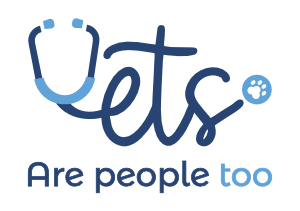Emergency Veterinary Clinic-Okaloosa Walton, Inc
(850)729-3335
www.ervetokaloosa.com
Page Not Found |
| That's "404: File not found" for the technically inclined. For the not-so-technically inclined, that means that the link you clicked, or the URL you typed into your browser, didn't work for some reason. |
Here are some possible reasons why: |
|
So now what? |
If you need more help email support@evetsites.com . |

